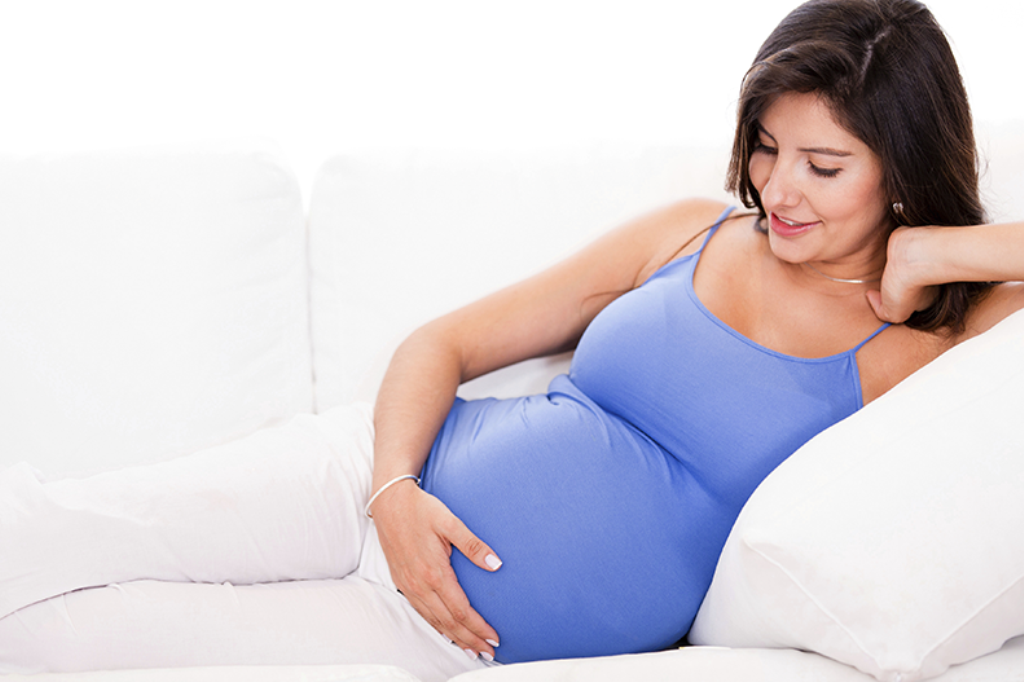Babies born to mothers who experience a bacterial infection severe enough to require hospitalisation during pregnancy may be at higher risk of developing autism, a study has found.
Read also:25 minutes of yoga may boost energy levels
According to a Study:
- The study, conducted on mice, revealed that the composition of bacterial populations in the mother’s digestive tract.
- In addition,can influence whether maternal infection leads to repetitive behaviour.
- And impaired sociability autistic-like behaviours in offspring.
- Further, irregularities that the researchers call “patches” are most common in a part of the brain known as “S1DZ”.
- And were responsible for the behavioural abnormalities seen in mice.
- Expert said, we identified a very discrete brain region that seems to be modulating all the behaviours.
- In addition,associated with this particular model of neurodevelopmental disorder.
- A second study in the same jounal, revealed that not all mothers who experience severe infection end up having child with autism.
- And similarly not all the mice in the maternal inflammation model develop behavioural abnormalities.
Read also:Novel eye test may help analyze Autism
What experts say?
- This suggests that inflammation during pregnancy is just one of the factors.
- It needs to work with additional factors to lead all the way to that outcome.
- Moreover, the researchers found that only the offspring of mice with one specific type of harmless bacteria.
- In addition,known as segmented filamentous bacteria, had behavioural abnormalities and cortical patches.
- When the researchers killed those bacteria with antibiotics, the mice produced normal offspring.
If validated in human studies, the findings could offer a possible way to reduce the risk of autism, which would involve blocking the function of certain strains of bacteria found in the maternal gut, the researchers noted.
